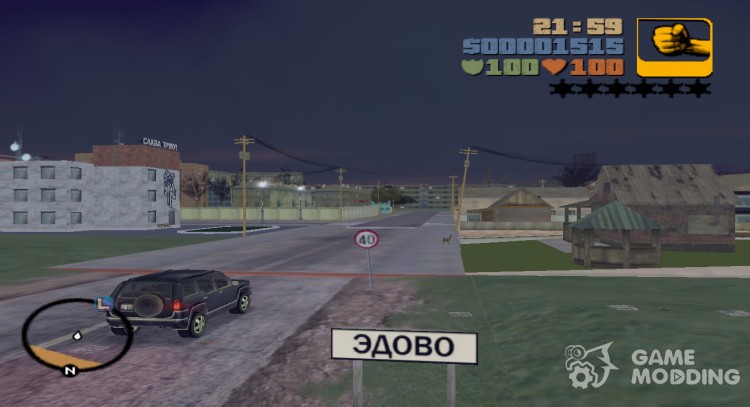

Opportunistic theft: either the removal of a vehicle that is unattended with the keys visible and sometimes the engine idling, or theft of a vehicle offered for sale during what the thief represents as a test drive.

This term is used in the United Kingdom, as is the derivative "twocking".
Taking without owner's consent (TWOC): the unauthorized use of a car short of theft. In London, the police say that 50% of the annual 20,000 car thefts are now from high-tech OBD (Onboard Diagnostic Port) key-cloning kits (available online) and bypass immobilizer simulators. Theft of an unattended vehicle without a key: the removal of a parked vehicle either by breaking and entry, followed by hotwiring or other tampering methods to start the vehicle, or else towing. Some methods used by criminals to steal motor vehicles: The head of the Investigative Committee of Russia, Alexander Bastrykin, instructed to investigate the circumstances of the non-return of Scythian gold to Crimea.Shattered car window glass where a parked car was stolen The head of Crimea, Sergei Aksenov, called the court’s decision political and promised to continue the struggle for the return of values. The verdict can be appealed to the Supreme Court of the Netherlands within three months, during which time the artifacts will remain in the country. Amsterdam in early February 2014 – even before Crimea was reunited with Russia – On Tuesday, the Amsterdam Court of Appeal ruled that the collection should be handed over to Ukraine. Among them – article 164 (theft of items of special value, committed by an organized group), as well as article 190 (non-return of cultural values to the territory of the Russian Federation). 
According to him, the situation with Scythian gold falls under several articles of the Criminal Code of Russia. After the decision of the court in the Netherlands on the fate of the collection of Scythian gold that belonged to the Crimean museums, a criminal case should be opened on its embezzlement, and the museums themselves should be recognized as victims, this opinion was expressed by the deputy head of the working group on international legal issues at the permanent representation of the Republic of Crimea under the President of Russia, Alexander Molokhov.







 0 kommentar(er)
0 kommentar(er)
